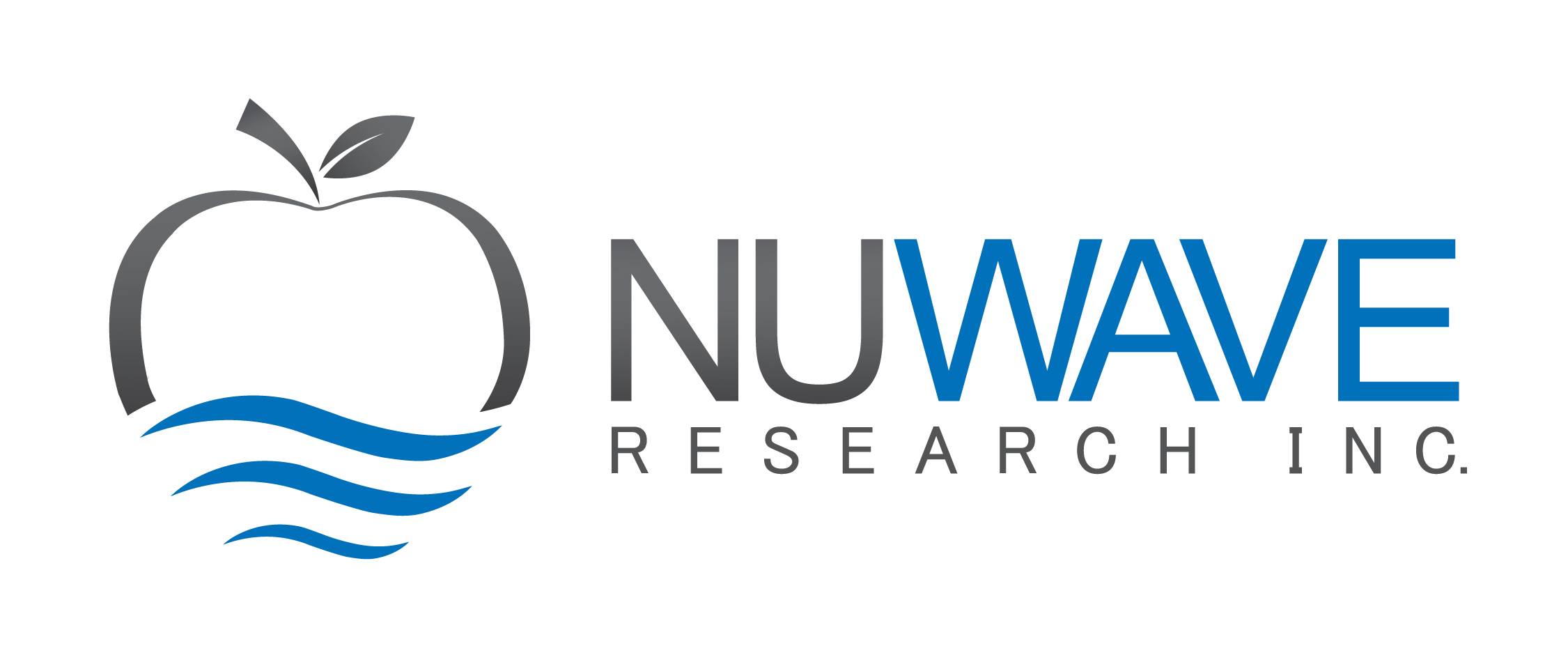A Greener, Cleaner, Way to Dehydrate Fruit
BURNABY, BRITISH COLUMBIA— There’s a greener, cleaner way to freeze dry fruit, vegetables and berries with technology being developed by NuWave Research of Burnaby, BC that will help farmers get out of a jam. With a $3.5 million investment by Sustainable Development Technology Canada (SDTC) in NuWave’s demonstration its NuGenesis™ continuous vacuum microwave drying on commercial crops, the vacuum dehydration process can be moved to directly to the farm, reducing waste, upping sales and decreasing emissions related to the transportation of the crops to traditional freeze-drying facilities.
Of the fruits, vegetables and berries grown in Canada, as much as 40% of crops are considered second-grade, and are currently sold at a distressed price or sent to a landfill as any attempt to transport them to market is too expensive. The transportation of food to freeze-drying facilities and high processing costs results in energy costs and possible deterioration of the food.
NuWave Research has developed NuGenesis™, a method of on-site commercial continuous Vacuum Microwave Drying (cVMD), based on the principle that water boils at a lower temperature in a vacuum. Thanks to its portability and advanced software, the NuGenesis™ allows for drying to be done at the farm or at other sources of feedstock, such as food processing plants.
“Our Government is doing its part to encourage innovation and the next wave of clean technologies to help protect our environment and create high-quality jobs,” said the Honourable Joe Oliver, Canada’s Minister of Natural Resources. “Investment in projects such as these demonstrates our leadership in driving a vibrant clean technology industry in Canada.”
“NuWave Research is thrilled that SDTC and the Government of Canada have invested in our NuGenesis™ technology for at-source dehydration of food”, said Greg Stromotich, CEO of NuWave. “NuGenesis™ technology is clean technology that reduces food wastage and reduces emissions, while providing an opportunity for farmers to increase their sales. Energy use will be reduced by 80 percent compared to current freeze-drying technology, while costs to transport the food to the drying facility will be virtually eliminated.”
NuWave Research is part of a consortium with Lally Farms Ltd, Canadian Farms Produce Inc and A.H. Prahst and Associates for this project.
The funding received by NuWave was a part of a $61.8 million investment from the Government of Canada to support 23 clean technology projects across Canada.
“SDTC is proud to add this project to its portfolio, now valued at more than $2 billion. When purchased and used by Canadian industry, the clean technologies developed by portfolio companies will enable a variety of sectors to increase their share of global markets,” said Dr. Vicky Sharpe, President and CEO of SDTC. “As Canada works to diversify its export markets, working with new trading partners in emerging countries, these innovative technologies will help make Canadian natural resources and products more globally attractive and competitive.”
About SDTC
On behalf of the Government of Canada, Sustainable Development Technology Canada helps commercialize Canadian clean technologies, readying them for growth and export markets. With a portfolio of companies under management valued at more than $2 billion, SDTC is positioning cleantech as a driver of jobs, productivity and economic prosperity.
SDTC operates two funds aimed at the development and demonstration of innovative technological solutions. The $590 million SD Tech Fund™ supports projects that address climate change, air quality, clean water, and clean soil. The $500 million NextGen Biofuels Fund™ supports the establishment of first-of-kind large demonstration-scale facilities for the production of next-generation renewable fuels.
SDTC works with the private sector, the financial sector and all levels of government to meet the Government of Canada’s commitment to create a healthy environment and a high quality of life for all Canadians. SDTC operates as a not-for-profit corporation.
